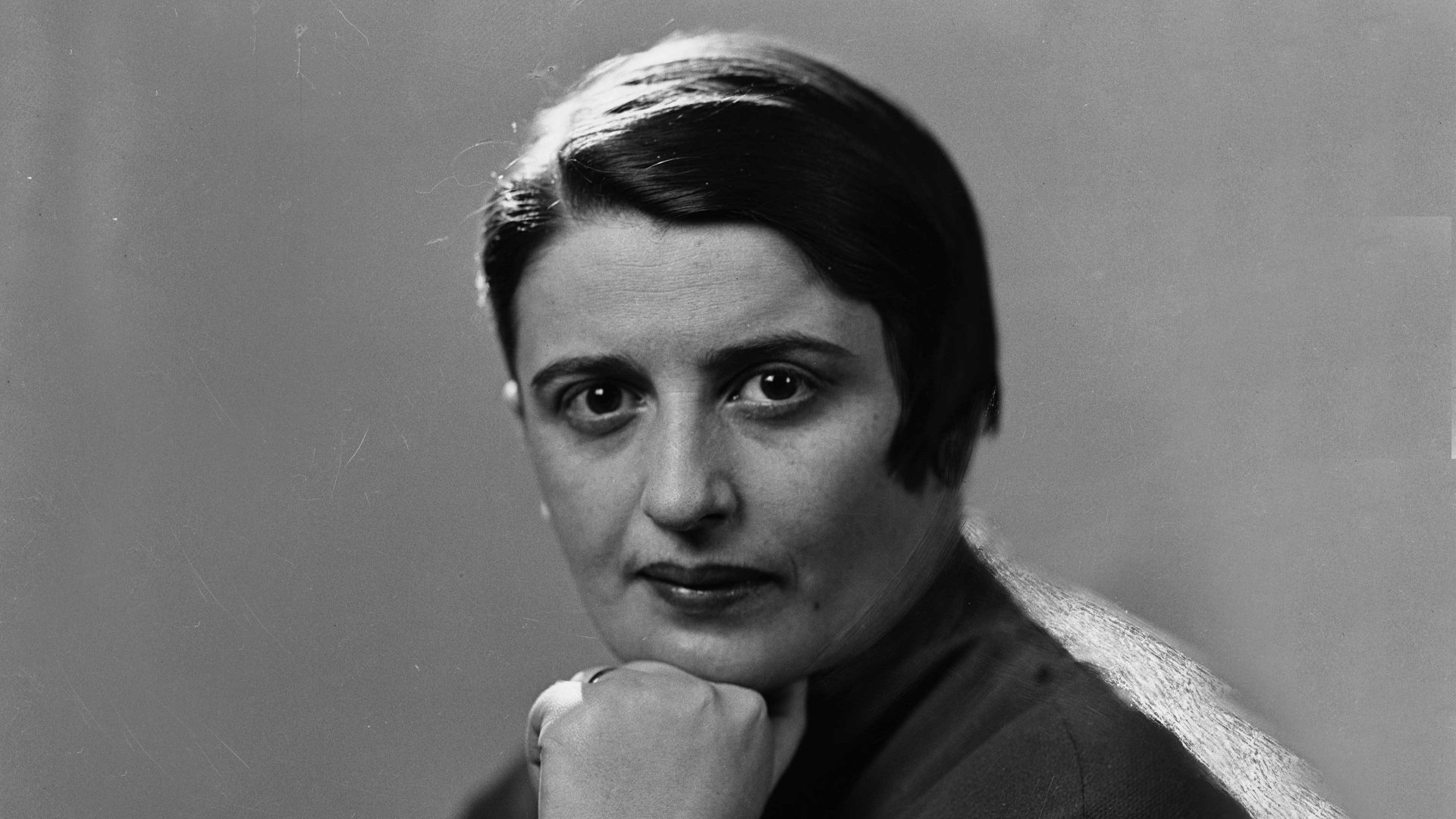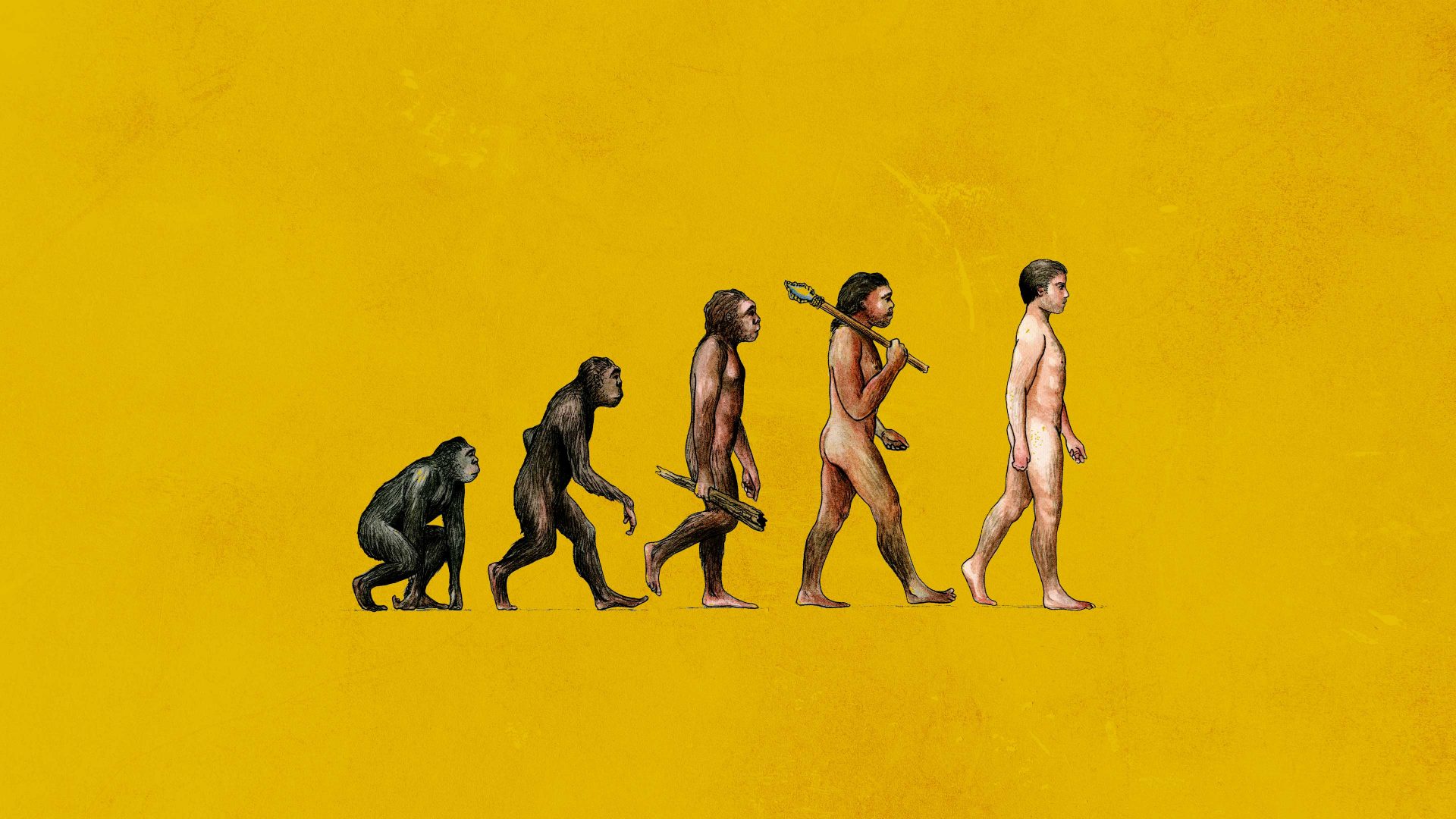Ayn Rand doesn’t appear on many lists of 20th-century female philosophers. Why not? Probably because the list compilers don’t like her message or consider it obviously false. Or maybe, because she appeared on the Johnny Carson show and was a popular novelist whose books were made into Hollywood movies, they think she wasn’t really a philosopher at all.
But she certainly was one. Not a good one. But she did put forward arguments about how we should live based on her views about human nature and reality in general.
As a philosopher and as a novelist (she saw the roles as intertwined) Rand had a huge following, particularly in the US. And, worryingly, she still does.
According to the Ayn Rand Institute website her books have sold 37m copies. That is mind-blowing and deeply disturbing if true. She died in 1982, but bears some responsibility for what is going wrong with the world today and for the egoistic monsters that stalk today’s political scene.
Born in St Petersburg in 1905, her real name was Alisa Zinovyevna Rosenbaum. In 1926 she emigrated to the US, where she worked as a screenwriter. She became Alice O’Connor, and under the pen name of Ayn Rand went on to write the bestselling novels The Fountainhead (1943) and Atlas Shrugged (1957).
The architect hero of The Fountainhead, Howard Roark, refuses to compromise and by sheer force of will gets what he wants. He builds a skyscraper. He’s Rand’s ideal man: the individual standing against those who want to block his progress, answering to no one but himself.
Rand despised conformity and mediocrity and worshipped strength. In Atlas Shrugged, the hero, John Galt, gives a long speech that sets out Rand’s central idea that selfishness and pursuing one’s own happiness are the most important virtues and that self-sacrifice for the supposed good of others is immoral.
Rand confusingly labelled her philosophical stance “objectivism”, an outlook she claimed was based entirely on reason. She celebrated selfishness, hard work and uncompromising individualism, despising anything that smacked of community or dependence. She preached self-reliance and ridiculed the idea of “the common good”.
Each person has to live as an end in him or herself and follow their own rational self-interest. This in her somewhat warped mind justified complete indifference to others’ needs, desires, or suffering.
You are not your brother’s keeper, she declared. Laissez-faire capitalism is the only political system that allows individuals to pursue their rational self-interest. Unlike Trump, who intends to intervene in markets in his clumsy way by setting tariffs to control imports, she extolled complete free trade.
What made America great in her view were the fearless entrepreneurs who continued in the face of setbacks:
“America’s abundance was not created by public sacrifices to ‘the common good’, but by the productive genius of free men who pursued their own personal interests and the making of their own private fortunes.”
Egoism wasn’t something to be ashamed of then. Greed was good. The supreme individuals, the ones she worshipped, chose goals defined by reason rather than emotion, had high self-esteem, and got things done in the world, while remaining indifferent to those they left struggling in their wake.
Far from being the root of all evil, money, in Rand’s world, was what allowed you to survive and flourish, and amassing it for yourself made sense. At her funeral a six-foot floral arrangement in the shape of a dollar sign was placed next to her coffin.
Rand’s creed of selfishness, and her championing of the interests of power-hungry rich inventors and entrepreneurs over the less fortunate masses encouraged a disdain towards her fellow beings, particularly those in a perilous state because of their own bad choices. She conveniently neglected the degree to which we are a cooperative species, inclined to consider others’ interests when we act. She bolstered the delusions of clever sociopaths by telling them they were the ones acting morally when they acted ruthlessly.
True, there can be some virtue in self-belief and in the strength to follow through on convictions. But some of the worst people in history have combined confidence in themselves with cold indifference to their victims’ suffering, while all the best have had other people’s concerns at heart, not just their own.
Both Donald Trump and Elon Musk have mentioned Rand approvingly. Perhaps they look in the mirror each morning and see Randian heroes staring back. If so, don’t expect anything from them but four years of indifferent self-interest.



